
AI that turns your ideas into polished academic papers.
Let's be real. You have the research. You have the ideas. You know what you want to say. You do not have the time or energy to stare at a blank page for hours battling with sentence structure as your brain drips onto the keyboard.
That's where the problem and the solution lies
The old way of writing academic papers was a grind. You spend weeks doing research. Then two weeks organizing. Then a seemingly-endless stretch through writer’s block just to get something resembling an argument on the page. Your professors don't care about your suffering. They care about the result. AI essay generators turn this broken process on its head. They do not write your paper for you. They take the raw ideas you have jotted down and turn it into a properly structured and organized academic text. At this point, it is yours to edit, research further, and turn it into your own legitimate paper.
There is a bracing truth: most people do not know how to effectively utilize this advice. Some people think they’re magic wands, even if they are not, and other people think they are useless, which it dumb. True strength lies in the middle, which consists of knowing what AI academic writing tools do, how to use them without shooting yourself academically, and which ones are really worth your time.
This is the honest breakdown.
What AI-Generated Academic Papers Actually Look Like.
To begin with, the text generated by artificial intelligence will not be publication-ready. When you present your ideas, this will take them and easily transform them into structured, organized prose that sounds as though it actually came from a trusted source.
Most people think that the gap between AI-generated academic text and human-generated is huge. Research examining AI-generated versus human-written essays in academic settings shows that when experts evaluate the two blindly, the differences are measurable but not vast. Artificial intelligence produces text that adheres to academic conventions, is well structured and arguments effectively. It's not genius-level writing. It's competent, professional academic writing.
The catch? The output from an AI model without any modification looks very much AI-like. It has patterns. It avoids risk. It plays it safe. Your instructors might not be aware that they are reading information generated by AI, but they will feel it. The real skill isn’t using an AI essay generator after all. The true skill lies in humanizing the text and converting AI language into wording which reflects human thinking.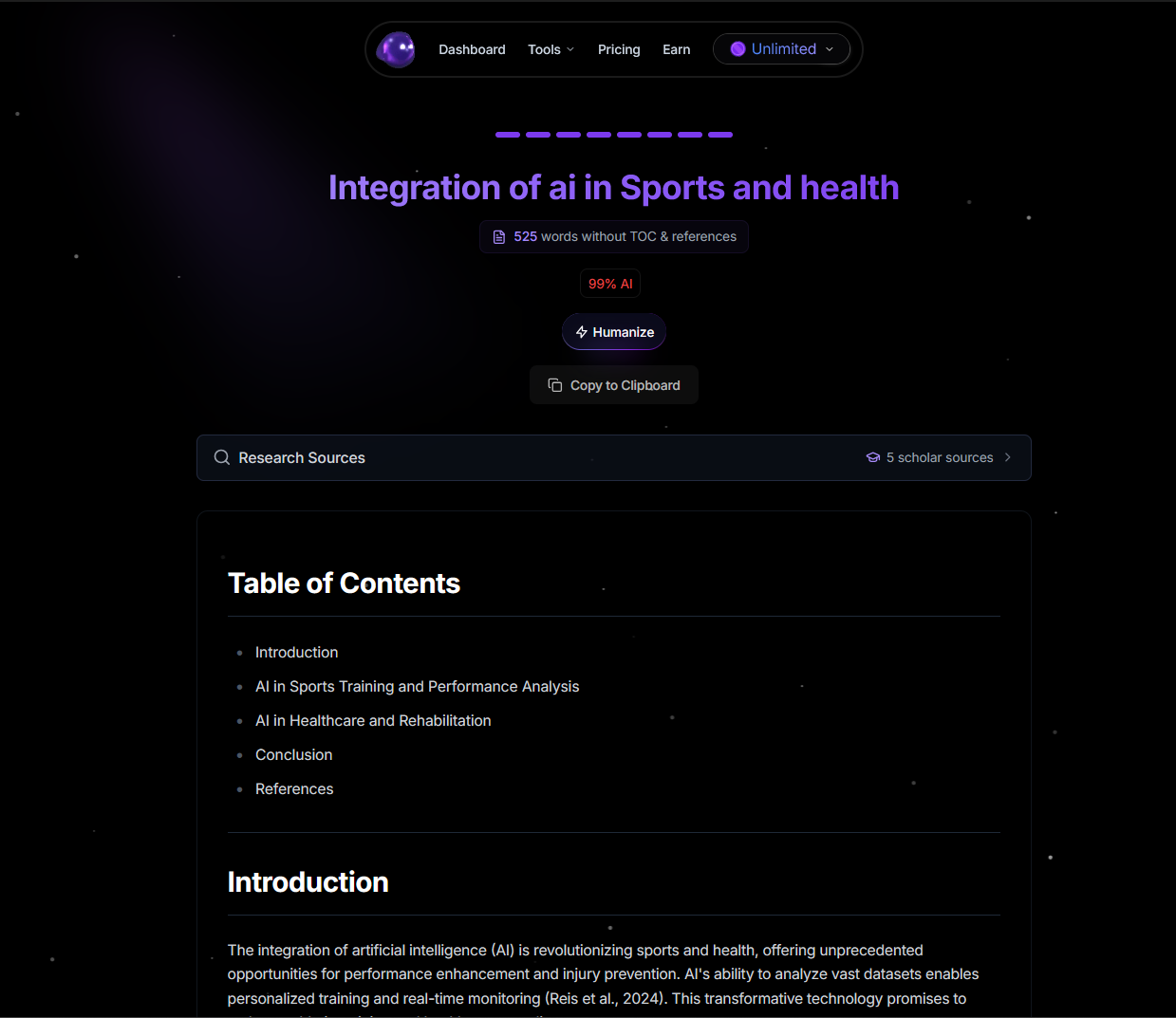
The Gap Between Good Enough and Actually Good.
The common error people commit is thinking that AI will do the heavy lifting. In reality, AI is the one that does the medium lifting and you do the heavy lifting.
Using an automated essay writing tool, you can generate a well structured essay containing a thesis, supporting arguments and a conclusion within a few clicks at a matter of minutes. But that's not what makes an academic paper good. The use of specific examples and original analysis along with the personal touch makes a good paper.
The research is clear on this. Studies on how students use AI feedback in writing show that hybrid feedback—combining AI-generated suggestions with human refinement—produces better outcomes than AI-generated content alone. AI is not the destination. It's the starting point.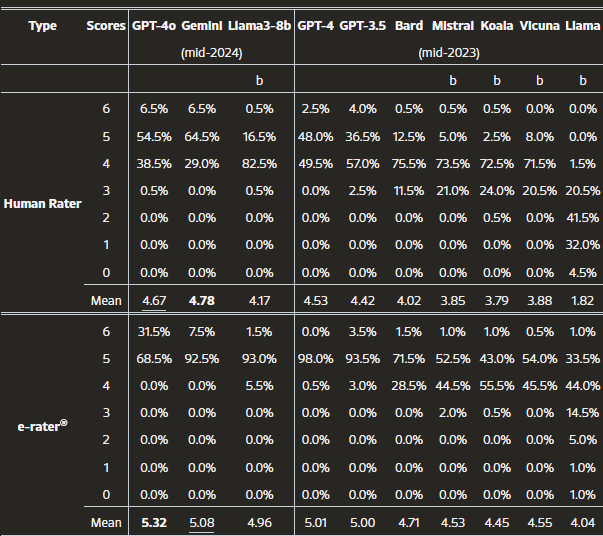
Here's the workflow that actually works.
Step 1: Use any AI essay generator to build your framework in 2 minutes. It helps you arrange your thoughts and ideas, suggests how your arguments should flow sequentially, and creates a rough draft that you won’t be able to write in two hours at midnight.
Step 2: Pull your specific sources, data, and examples. This is the section in which you insert the substance that makes the paper your own, as opposed to an output generated by a generic AI.
Step 3: Add your voice. Rewrite sections in your true tone. If the AI output sounds like a textbook, then humanize the text. Convert what this AI-emitted output sounds like, to the way you would explain this to someone who is intelligent.
Step 4: After using ChatGPT, run the material through a humanizer tool to ensure it is still authentic and seems humanly composed. Tools that are especially used to humanize the text change the AI language to human language while keeping the meaning intact.
Step 5: The process of making a document professional includes polishing and proofreading. To check for the clarity, flow and any awkward phrasing that may have slipped your notice.
This process takes hours, not days. It cuts your writing time in half. More significantly, it creates papers that represent your work—intellectual, strategic, and substantive.
The Reality of AI-Powered Essay Writing Tools vs. Writing It From Scratch.
Let's take a look at the time and output.
Writing from zero: You start with a blank page. You stare at it for twenty minutes. You write a bad first paragraph, delete it, write another. By the time you have a rough outline, three hours have passed. After finishing the full draft, you are out of ideas and it’s rubbish. Then you spend another three hours revising. Total time: six-plus hours. The quality of the output entirely depends on your writing skill and your mental energy at that moment.
Using an AI essay maker: In ten minutes, you explain your main points and any other requirements using the AI essay maker. In five minutes, you create an essay outline and first draft. You read it for thirty minutes to pinpoint weak areas and sections that require your original research added in. You spend an extra hour rewriting essential sections in your voice and adding your research. You use an AI humanizer tool to humanize any obviously AI-sounding texts for fifteen minutes. Duration: Two to two-and-a-half hours. Produced work is always strong, structured, and organized.
The efficiency gain is real. If you get the work done, then the AI-assisted approach might have a quality advantage.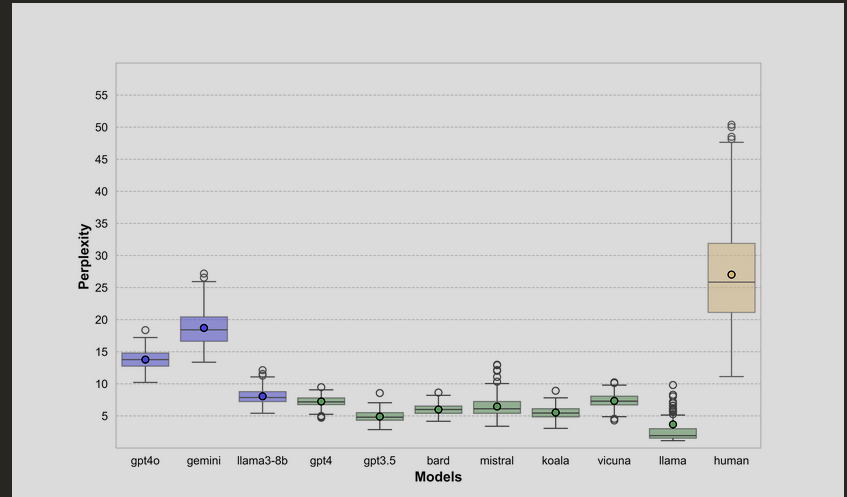
Which AI Tools Actually Deliver Polished Academic Papers.
Not all AI essay generators are created equal. Most are garbage. Tools aren’t general enough (like the chatgpt), aren’t limited enough (the template-based), or think too specifically (restricting your flexibility).
What separates the capable ones from the trash?
Connection with educational research databases helps to maintain a well-cited paper. This is a real academic database through which they pull your references. Above all, unlike some writing services that generate fake references, theirs are all real. So, you won’t get busted if your professor decides to double-check them.
Is citation management useful to generate citation in APA, MLA, and Chicago automatically? If not, it's a friction point that wastes time.
Does make text sound unique enough to bypass detection and sound human? The tools that allow you to manipulate AI language into human language and humanize the text for it to read naturally are fundamentally different from ChatGPT.
Is it designed specifically for essays, or is it a general-purpose writing tool being forced into academic work? The tools built for academic writing know the essay structure, argument development, and thesis delivery in ways general ones do not.
Does the tool verify its own content for plagiarism before submission? Good tools do. Bad ones leave that risk on you.
Ryne's AI Essay Generator breaks down exactly how different tools handle these factors. You’ll want a tool that creates structure and organization, lets you input your own research and voice, and includes a humanizer function to ensure the output doesn’t read like a machine, but rather like a human.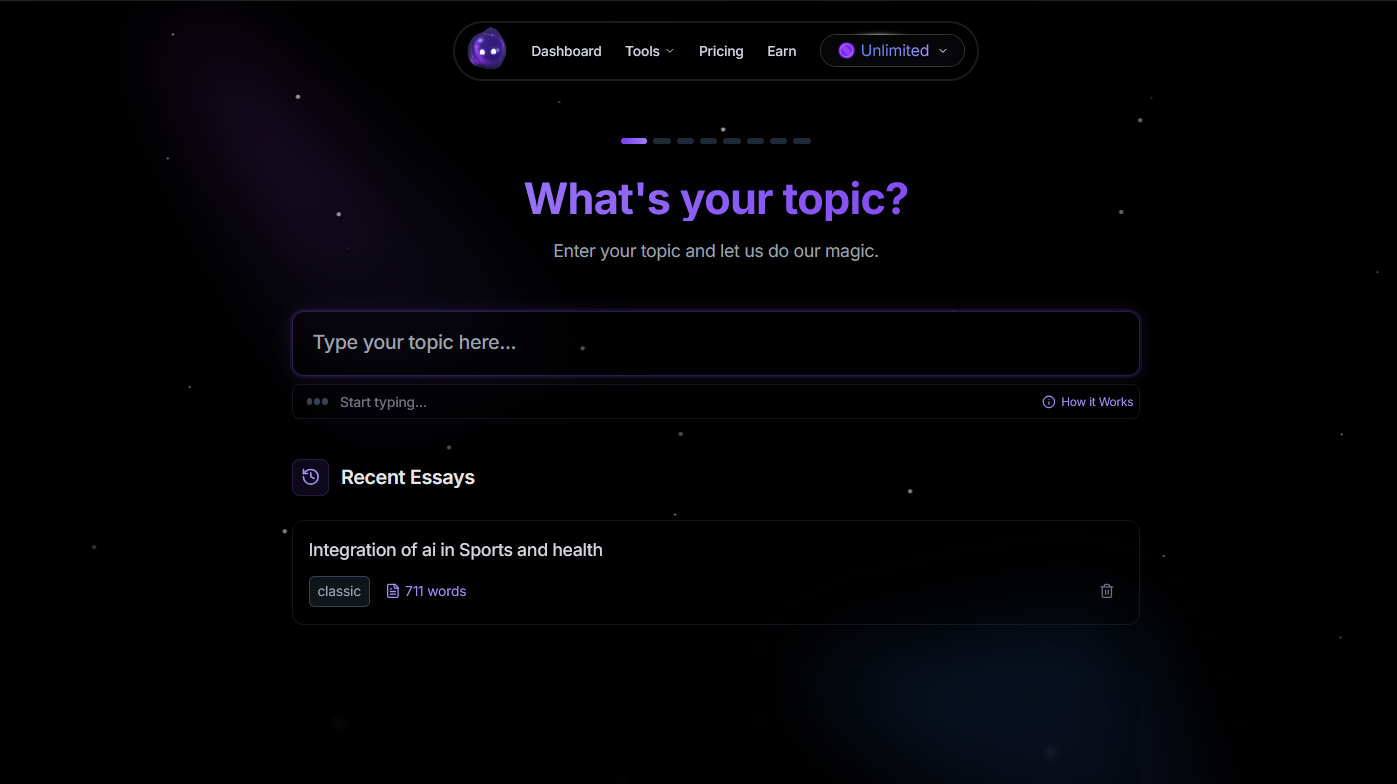
The Academic Integrity Question: When AI Assistance Crosses Into Cheating.
Let us cut to the chase here, as it’s legally and academically relevant.
Using an essay generator to create structure or unblock yourself creatively isn’t cheating, provided you are doing the intellectual work. If you submit a raw output of AI without any modification then it is plagiarism. The line between them is work—your work.
Different schools draw this differently. Some explicitly ban all AI use. Others integrate it into the curriculum. Some allow it with disclosure. Examine your syllabus and student conduct code; your institution's policies are relevant in this context.
Here’s what I mean: it really won’t matter ‘how’ you wrote your paper – it’s how good it is that matters to the professor. They're worried if you understand the material and can make an argument about it coherently. If you have an AI generate your essay, and then spend hours working on it to make it your own, adding research, it is yours. If you paste AI output and submit it, that's not your work.
The detection technology exists, and it's getting better. The most important thing is that your professor will get to know your understanding of your paper when they interrogate you. That's the real test.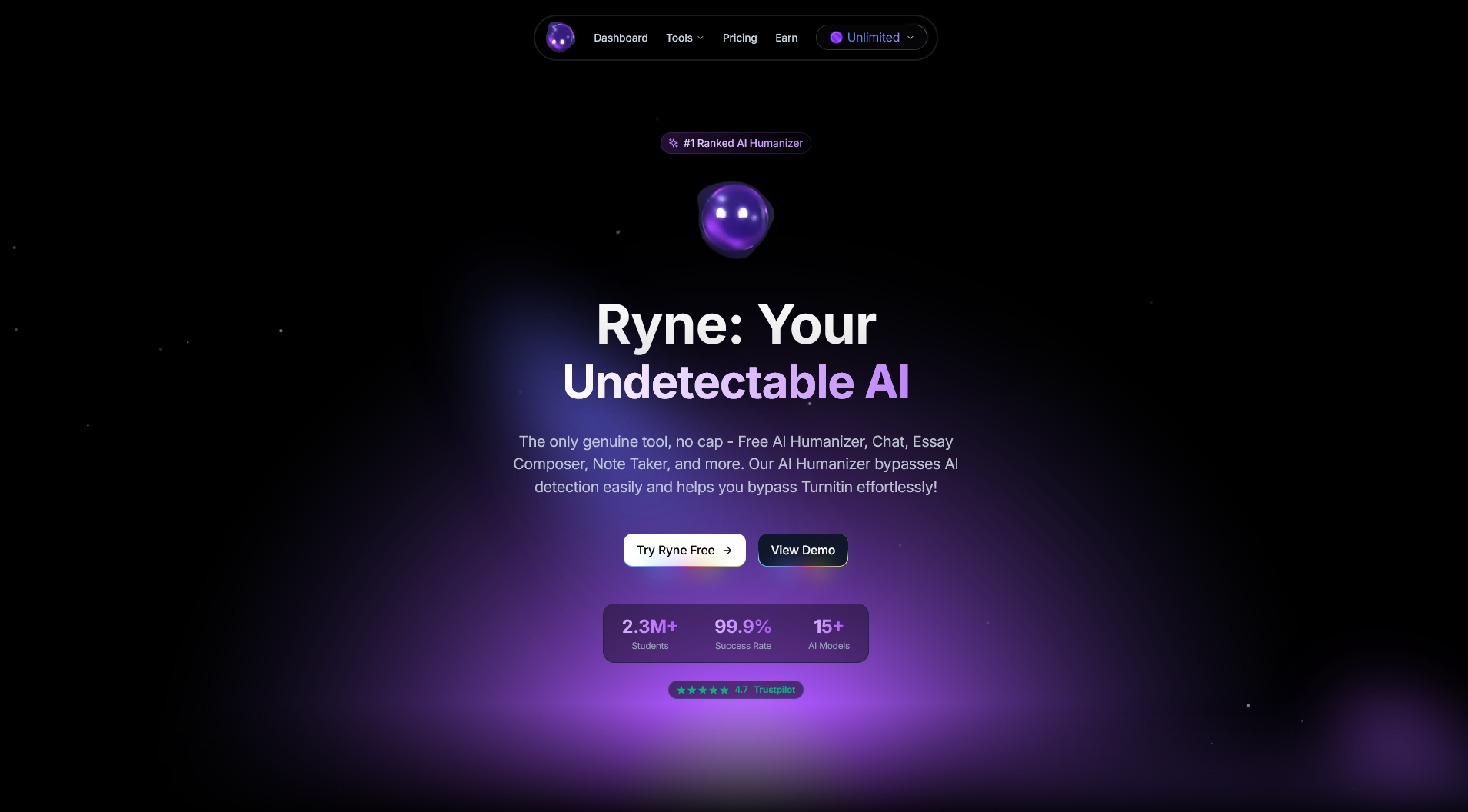
How AI Feedback Actually Improves Writing Quality.
The AI platform is similarly useful for scoring search engine optimization (SEO) and viral marketing. It's genuinely good at providing feedback.
Research shows that AI-generated feedback on academic writing is specifically effective for identifying structural issues, grammar problems, and argumentative gaps. Artificial Intelligence has limitations when it comes to giving you compelling, customized advice. It is excellent at alerting you about a confusing, passive sentence. However, it is not great at saying how you may be more effective by considering it this way instead.
In practical terms, this means that you should use these tools not just to write a paper from scratch, but also to have a draft written by you and then get feedback on it. Create an initial draft, then get feedback on it from an AI, then humanize any suggestions and adopt interesting ones that improve your actual arguments. A combination of AI for structural patterns and feedback along with a human approach for direction and voice produces better papers than either approach alone.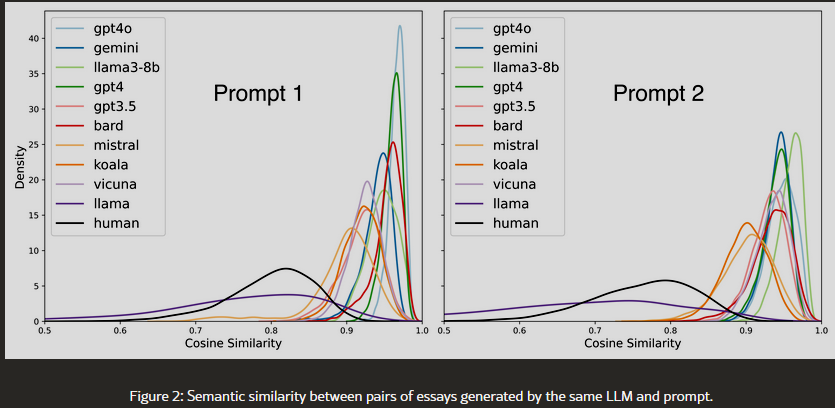
The Time Investment Question: Is It Actually Worth It?
Here is the calculation you want to take a look at: Is the time you save using an AI essay generator worth the time you spend learning how to use the tool and optimizing its outputs?
For a standard 3000-word college essay that is due in a week with additional assignments: Yes, definitely. You're saving 3-4 hours of writing time, and you’re likely producing something that is better than what you would’ve written in a panic the night before it’s due.
It is up to your discipline and scope of the research project or thesis. If it's highly structured analysis, you save time. If it is philosophical or interpretive work that requires more original thinking, the time savings are smaller since you’re doing a greater share of the lifting anyway.
Use a strategic approach while doing repeated assignments building skill. Use it when you're stuck or under time pressure. Try not to use it for every task or you will weaken your writing skill and rely too much on it eventually.
We should acknowledge AI essay generators for what they are: tools that make an ineffective system work better rather than being a substitute for the thinking or learning process.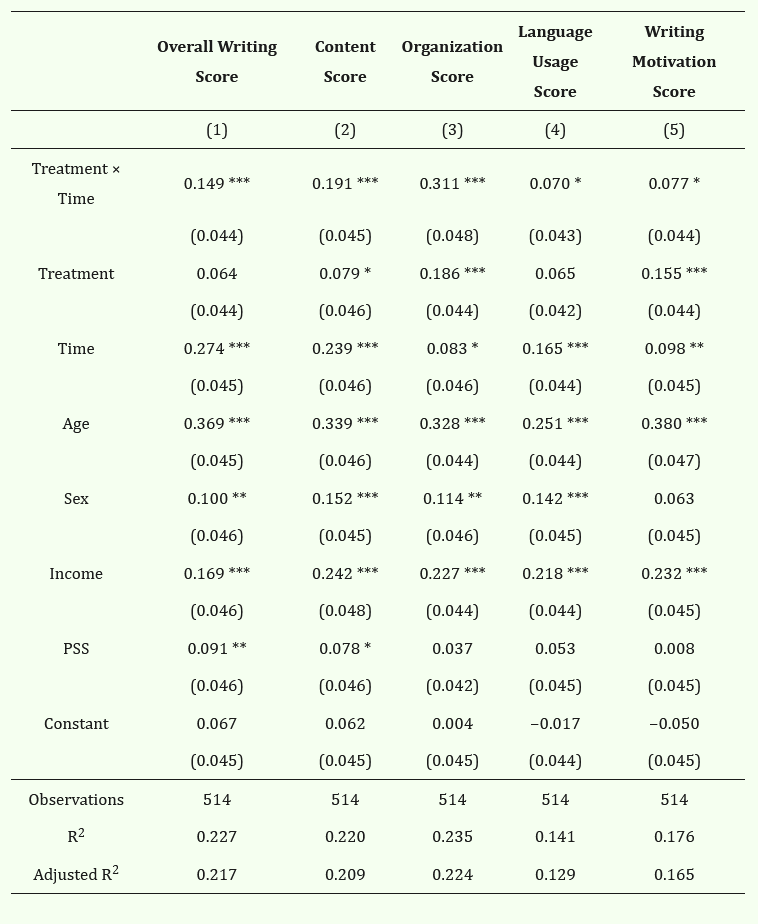
The Competitive Advantage Nobody Talks About.
No one is admitting this: the students who win academically in 2025 are not the ones who work the hardest. They're the ones who work smarter.
Your school mates are either working hard to write their essay the old way wasting time or using free AI badly and making detectable work. Your using automated essay writing with real strategy – letting AI do your structural heavy lifting while you focus on the argument, the research and the human insight that actually matters.
Try Ryne AI Essay Composer to see what the smarter approach to academic writing actually looks like. It is built for this—to take your ideas and write them into structured academic prose. And provide you with the tools to humanize the text and make it truly yours.
This isn't cheating. This isn't cutting corners. We utilize studies that show that informational technologies are not creating less capable students but rather enhancing learning in schools.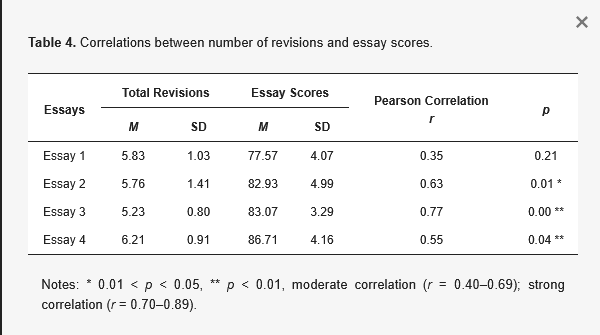
The Bottom Line: Stop Fighting the System.
In the past, this was the process: struggle, toil, look at blank paper, create junk. The system rewarded time wasted, not thought applied.
AI essay generators flip that. These tools allow you to focus on thinking rather than wasting energy on formatting and site structure. It allows you to spend your energy on the research, the argument, the analysis. A machine could easily create in seconds.
The papers produced are good. They’re well-organized, appropriately academic and professional in read. When you sharpen them up, make them more human, add your research and make it yours, they become great.
That's the cheat code to the broken system. With that in mind, the next time you need to write an academic paper, make use of the tools at your disposal.
Use it right, and you win. Use it wrong, and you get caught. The difference is work. Do the work, and you have the advantage.

Will an AI written essay get you an A?
Writing an essay in the traditional way where you would spend an entire night, get a writer’s block, spend hours researching for it, has become more of a joke. AI essay writers are getting better every month. Students are already using them. The real question isn't whether they can write essays. But the real point of concern is: can they write good essays that can pass? Do it flawlessly without being spotted or flagged for mistakes.

Walter Writes AI Review: Does It Actually Bypass Detection?
Walter Writes AI is currently failing Turnitin checks (Aug 2025). Looking for the best AI humanizer tool? If you need a safe alternative immediately, check Ryne AI.

